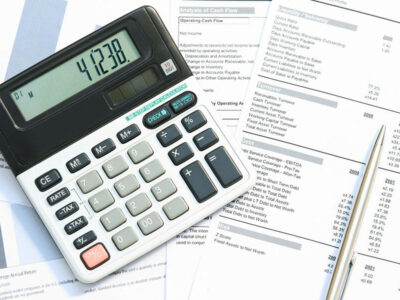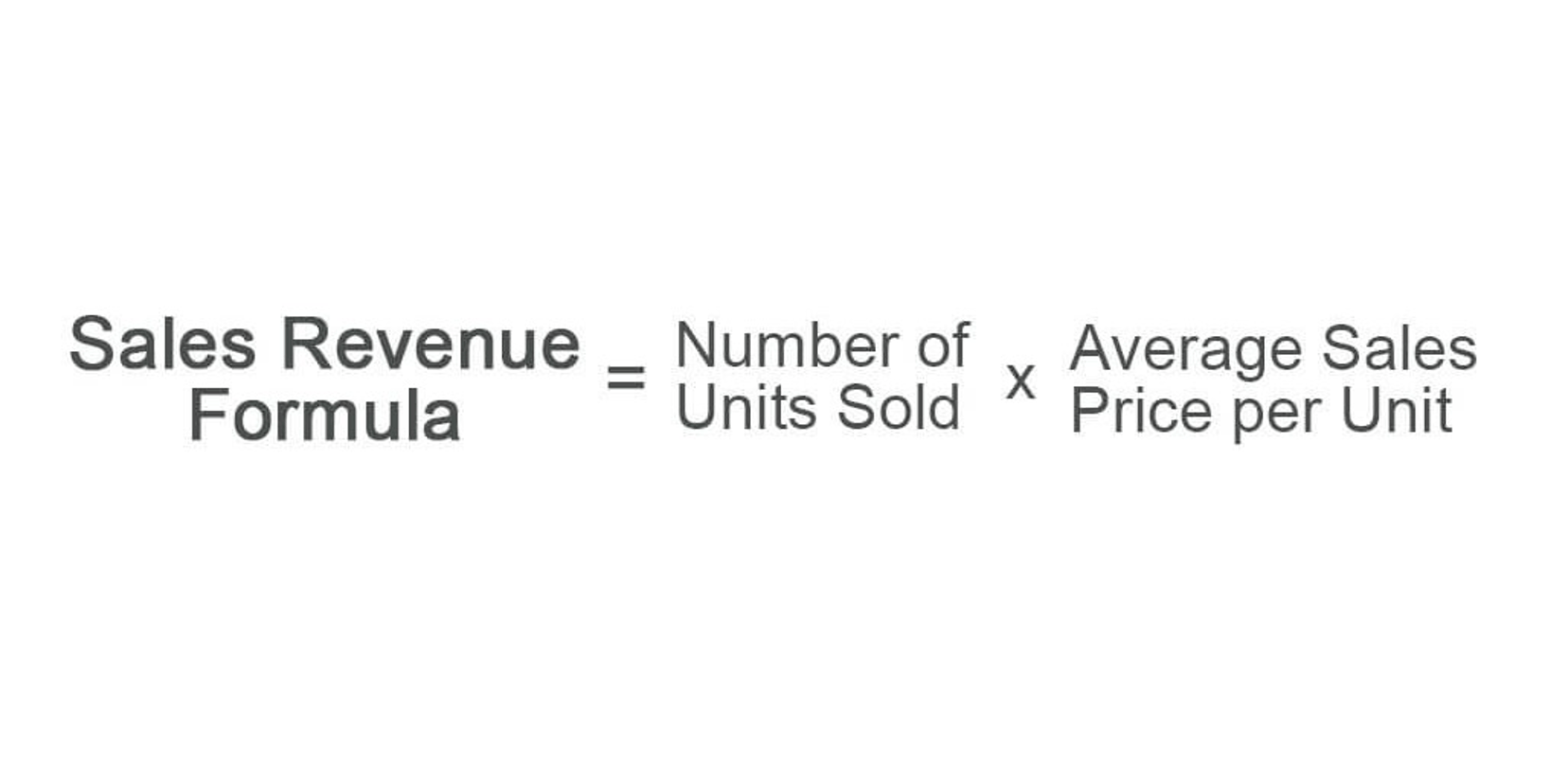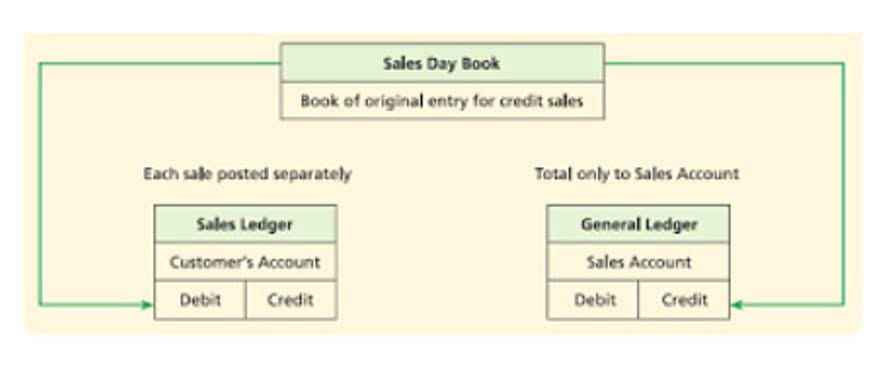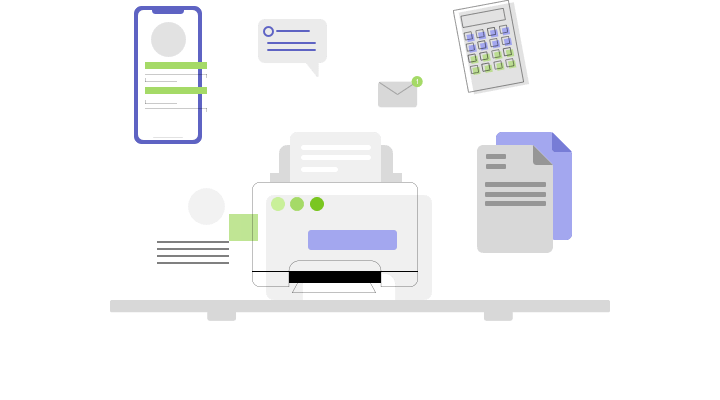
This not only ensures that the payee receives their funds but also helps maintain accurate financial records. It’s important to be aware of outstanding checks and to resolve them quickly. By keeping track of every check you write and regularly cross-checking your records with your bank statement, you can avoid unnecessary delays, fees, and other budget pitfalls. A well-managed bank account is a stepping stone toward a secure financial future. Additionally, the issuer must regularly contact the payee to inquire about the status of the check. This also helps to understand the intended use of the check in case the payee loses or faces check theft.

Join Greenlight. One month, risk-free.†
- According to our records, the payment of Amount Due was due on Due Date.
- Recovering payments are not due while the appeal or waiver is pending.
- Please arrange for payment within the next Number of Days, e.g., 7 days to avoid any further action.
- For the protection of your account, Zelle® should only be used to send money to those you know and trust.
- If we do not receive payment within Number of Days, e.g., 5 days, we will be forced to take further action as per our company policy.
Alternatively, you can contact your bank directly with the check number and ask them to confirm. Lastly, you can contact the recipient of the check and ask them to confirm whether they have deposited or cashed the check. The main difference between outstanding checks and outstanding deposits is that a check takes money from your bank account while a deposit puts money into your bank account.
What To Do With Uncleared Bank Checks At Year End
- Did you know that you’re responsible for reporting and submitting those outstanding checks to your state?
- See the ‘Account’ tab of Settings by tapping the gear icon on the Greenlight app home page to confirm when your risk-free trial ends.
- “We have the significant responsibility to be good stewards of the trust funds for the American people,” Lee Dudek, acting commissioner of Social Security, said in a statement.
- As mentioned above, you may need to return the original check or sign documents confirming the check is lost or destroyed.
- Be mindful of what outstanding checks you’ve written before drawing down your bank balance.
Additionally, these tools can outstanding checks generate reports that provide insights into the age and volume of outstanding checks, which can be indicative of broader financial management issues. Outstanding checks are an important component of your financial records, as they directly impact your account balance. Failure to properly manage outstanding checks can result in overdrafts, inaccurate financial reporting, and potential fees or penalties.
A successful outstanding payment email should always include a subject line that references the invoice number.
Outstanding checks are checks written by a company, but the checks have not cleared the bank account. Some businesses print «Void after 90 days» on their checks to encourage recipients to deposit checks more promptly. Most banks will continue to honor checks for the full 180 days, but that isn’t guaranteed. To prevent problems, you should cash or deposit a check promptly after receiving it. It may be necessary to issue a new check without getting the old Bookkeeping for Painters check back if the original check was lost or destroyed.
From 2015 to 2022, SSA made nearly $72 billion in improper payments, less than 1% of total benefits paid out during that time. According to a report from the Office of the Inspector General, the majority of those improper payments were overpayments. Social Security beneficiaries who receive more than they are owed could have their entire monthly check withheld under a new policy update. Gabriella Cruz-Martínez is a seasoned finance journalist with 8 years of experience covering consumer debt, economic policy, and tax.
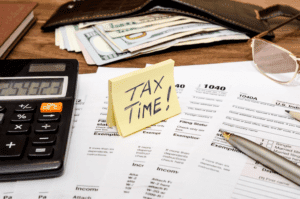
Outstanding checks are financial instruments that have been written and recorded in the issuing entity’s accounting system but have not yet been cashed or deposited by the recipient. They represent a liability for the contra asset account issuer, as the funds are allocated and effectively removed from the available cash balance, yet they do not decrease the bank account balance until processed. This discrepancy arises because the timing of the check writer’s record-keeping does not align with the bank’s transaction processing. A bank reconciliation may contain old outstanding checks, usually because the payees lost them, never received them, or have gone out of business. The first step in doing so is to contact the payee, to see if the check was lost.
There is no need for the company to write a journal entry, as the checks were recorded in the company’s general ledger account when the checks were written. Outstanding checks are checks written by the company, recorded in the company accounts, but not yet appearing on the bank account as paid. If there are checks on your ledger that are older than your state’s dormancy period, you need to report them as unclaimed funds. You should also make a journal entry to move the funds from the original account they were coded to (e.g. payroll) to an unclaimed funds liability account. These funds should be shown on your balance sheet as a liability/money you owe. When you submit the money to the state, you relieve your liability account.
Template 1: Friendly Payment Reminder
- If a check was issued to you and it’s still outstanding after six months, contact the check issuer and request a replacement.
- This lag can lead to a misrepresentation of the actual available funds, which, if not accounted for, may result in erroneous financial decisions or reports.
- They represent a liability for the issuer, as the funds are allocated and effectively removed from the available cash balance, yet they do not decrease the bank account balance until processed.
- Your first step should be to use an accounting system that deducts any uncashed checks from your available funds.
- Teach money lessons at home with Greenlight’s Smart Parent newsletter.
- Your eligibility for a particular product and service is subject to a final determination by Citibank.
An outstanding check is a check that has been written and recorded in the issuer’s accounting records but has not yet been cleared by the bank. This means the recipient has not yet deposited or cashed the check, so the funds remain in the issuer’s account. Outstanding checks can cause discrepancies between a company’s recorded cash balance and the bank statement. The existence of outstanding checks can complicate the reconciliation process of a company’s bank statements. When a business issues a check, it anticipates a corresponding decrease in its bank account. However, until the recipient cashes the check, the bank statement will not reflect this transaction.
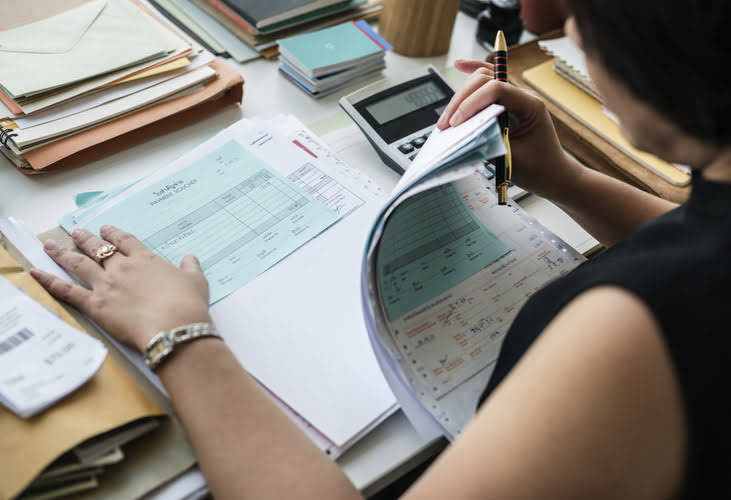
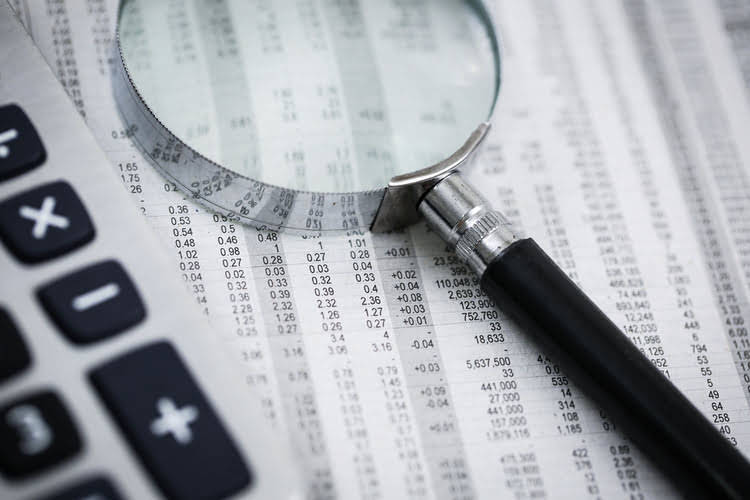
To remedy these situations quickly, be proactive with outstanding checks. After all, you still owe the money, and you’ll have to pay it sooner or later. Your first step should be to use an accounting system that deducts any uncashed checks from your available funds. After that, there are a few more steps you can take to track down an old check. This example underscores the importance of regularly reconciling bank statements to catch these checks and maintain precise financial records for effective business management. When a business writes a check, it deducts the amount from the appropriate general ledger cash account.

